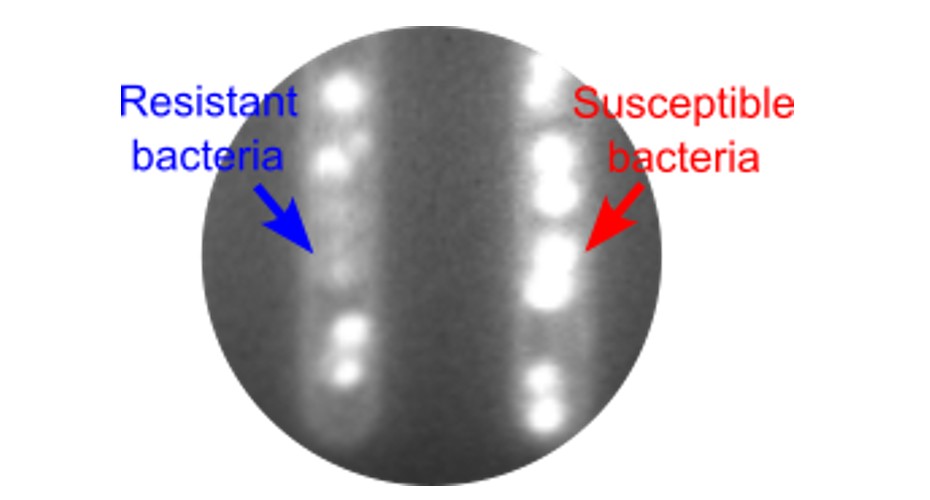Research to enhance rapid detection of antimicrobial-resistant bacteria receives €1.2 million funding boost

A major boost of €1.2 million will fund research designed to enhance the rapid detection of antimicrobial-resistant bacteria, it has been announced
A major boost of €1.2 million will fund research designed to enhance the rapid detection of antimicrobial-resistant bacteria, it has been announced.
A team of international researchers, led by Professor Stefano Pagliara from the University of Exeter, has received the significant funding boost to advance their world-leading research into tackling the life-threatening dangers posed by antimicrobial resistant treatment.
The two-year project, which brings together academics, clinicians and industrial partners from across Europe, is being funded by the Joint Programme Initiative on Antimicrobial Resistance (JPIAMR).
The project aims to develop new technology to drastically reduce the amount of time it takes clinicians to identify which bacteria are present during illness, and which antibiotics will provide the best treatment.
As well as significantly reducing the time it takes for patients to receive the correct medication, it will also help to reduce the threat of antimicrobial resistance by pinpointing the correct antibiotics to use to be most effective.
Professor Stefano Pagliara, at the University of Exeter, has received the award to advance his work on controlling the processes and biological mechanisms that cause antibiotics to fail, and can mean infectious diseases become life-threatening.
Professor Stefano Pagliara, of the University of Exeter’s Living Systems Institute, said: “This new award will allow me to work together with leading scientists and clinicians from Germany, Estonia, Spain and Switzerland and with Resistell, a Swiss company developing new solutions to tackle AMR. Together, we will develop effective and rapid diagnostics of AMR in patient samples by harnessing the power of a novel interdisciplinary multi-technology approach.”
Antibiotics are commonly used in modern medicine, yet increasingly, bacteria have become resistant, meaning the treatment does not work and infections can become deadly. Five million deaths worldwide are already associated with infections caused by bacteria that are resistant to antibiotics every year.
It has been predicted that such infections will be the leading cause of death by 2050, making antibiotic resistance a key priority for the World Health Organisation.
One of the greatest complications for treatment of bacterial infections is how long it can take for a correct identification to be made. The traditional method for identifying the best treatment for bacterial illness is to take a sample from a wound, blood or urine and expose resident bacteria to various drugs. If the bacterial colony continues to thrive then clinicians can identify the microbes as drug-resistant.
While standard tests can take many days to carry out, even in severe and life-threatening illness, such as sepsis, which require more urgent diagnosis, clinicians can still expect to wait around 13 hours to receive a diagnosis.
Building on previous research, the project team aim to ultimately reduce this waiting time to one hour – to ultimately help clinicians more quickly identify the best antibiotic and ensure patients are given the correct treatment course.
Professor Pagliara’s project is entitled ERADIAMR (Effective RApid DIagnostics and treatment of AntiMicrobial Resistant bacteria) and is one of 17 international projects to receive funding from the JPIAMR.



